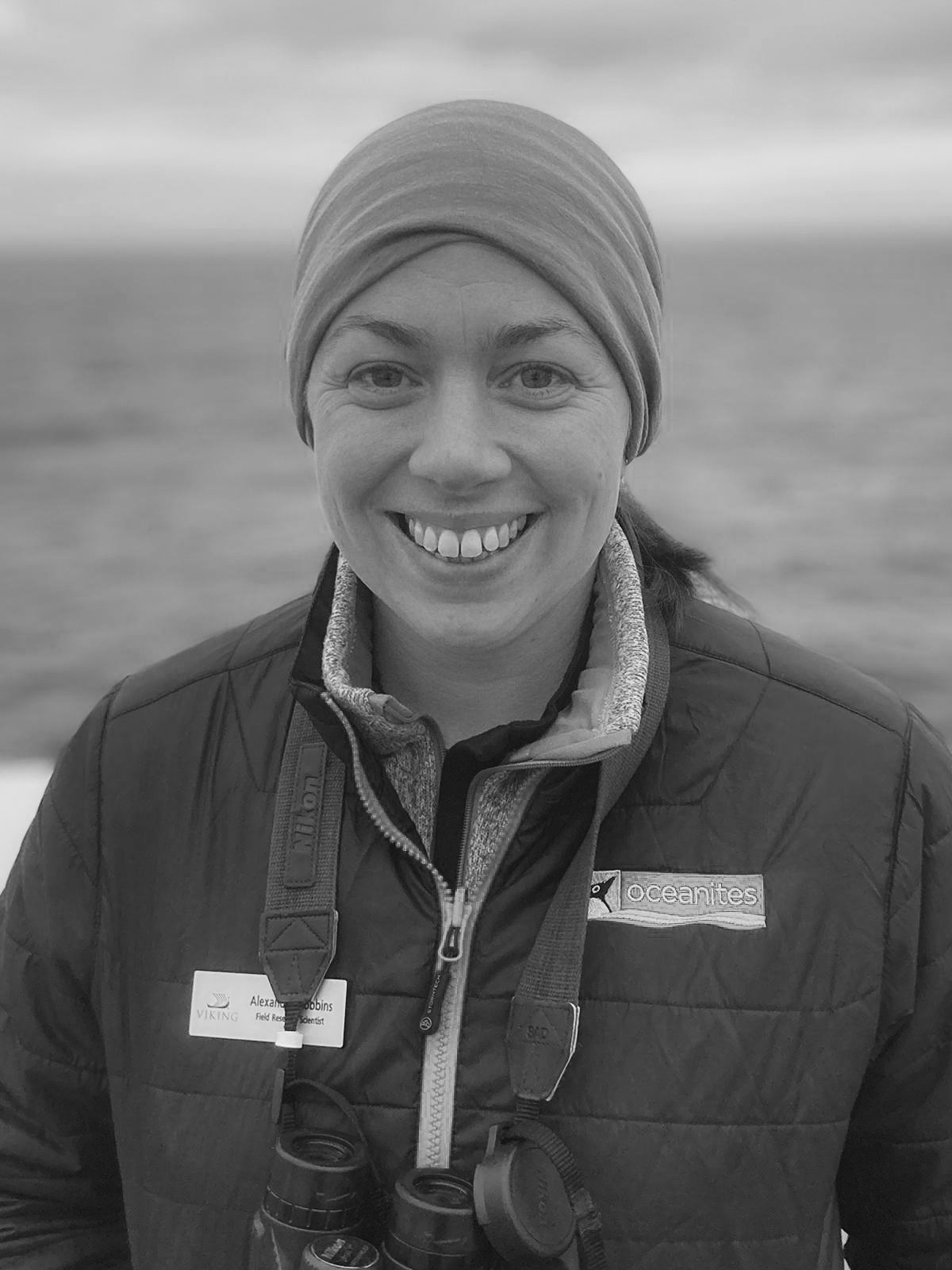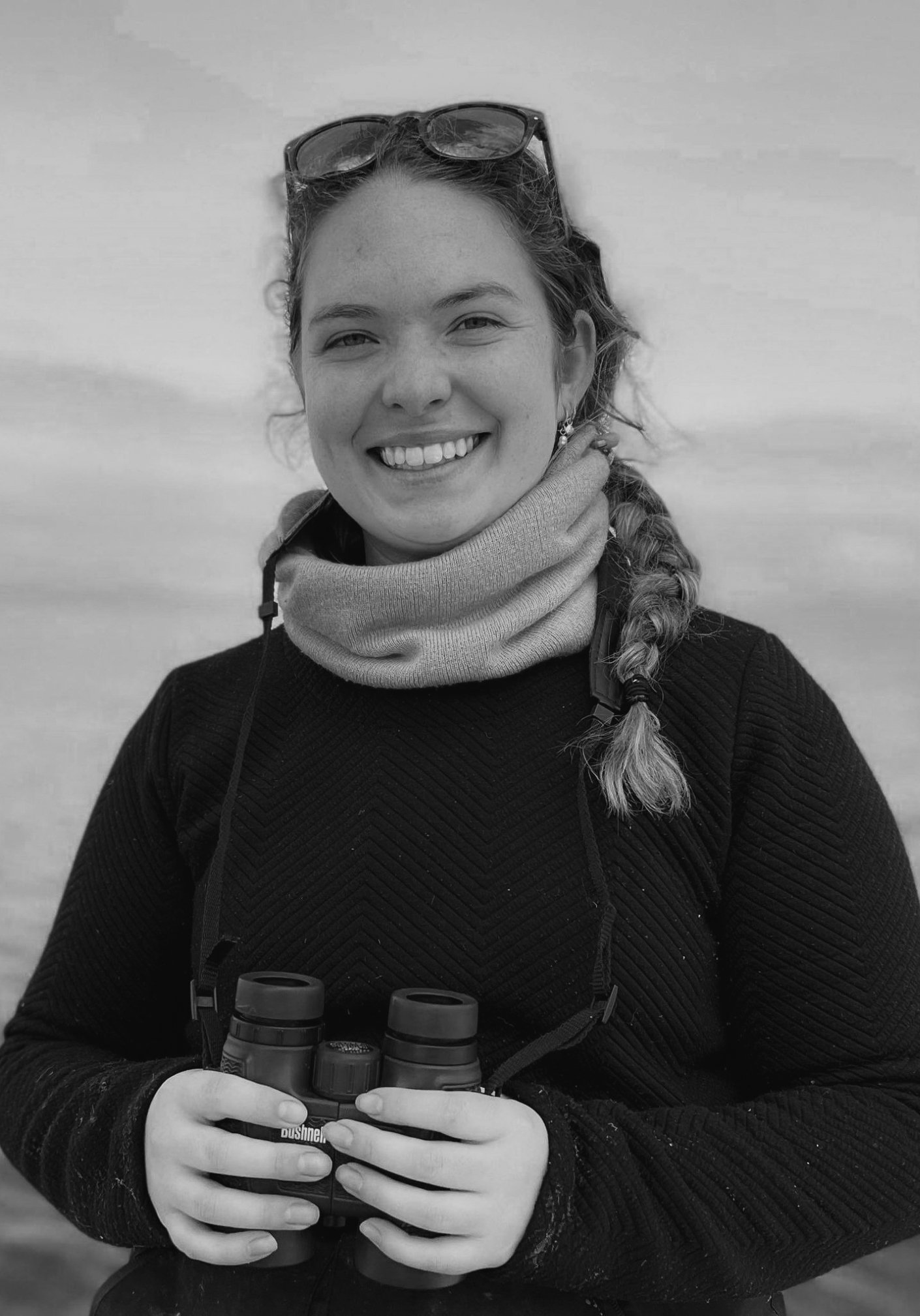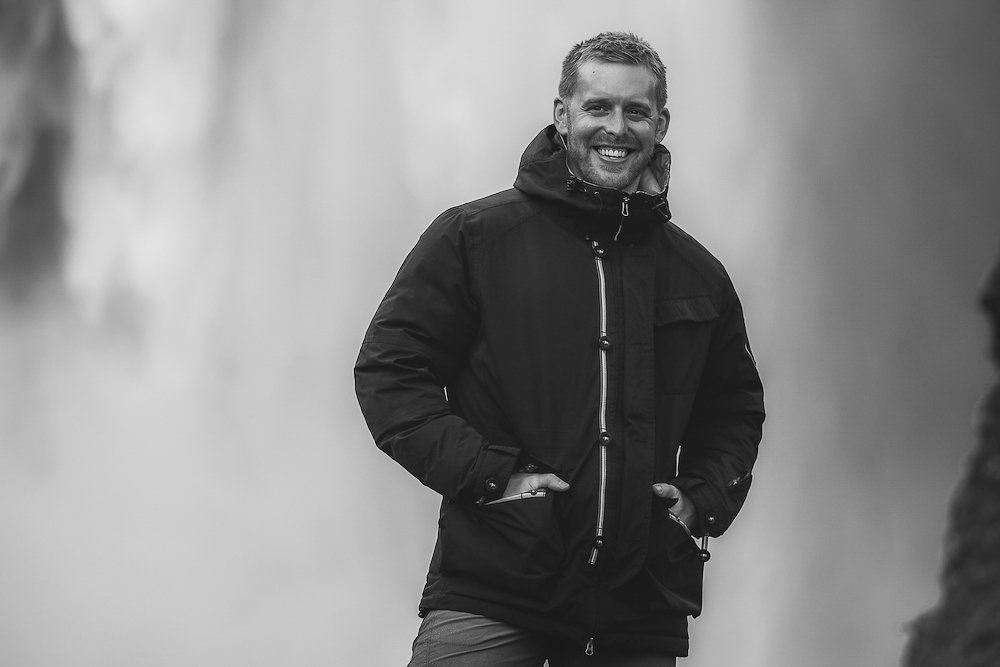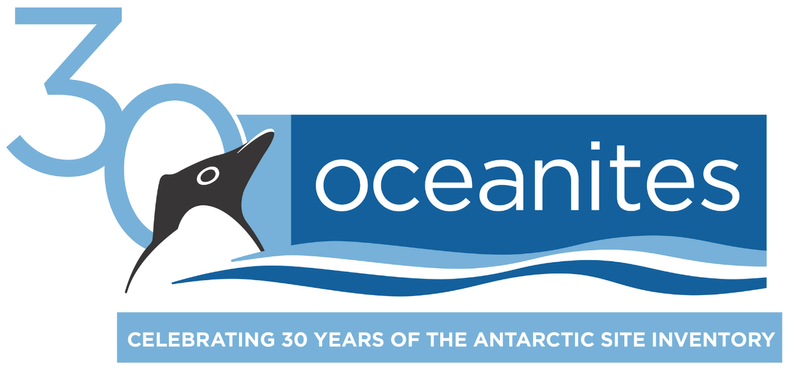
About Oceanites
Who We Are
Oceanites (“ocean-eye-tees”) is the world’s only publicly supported non-profit §501(c)(3) Antarctic research program — monitoring the vastly warmed Antarctic Peninsula. We are based in Washington, D.C. operating internationally with the central mission of assisting science-based conservation recommendations in Antarctica and increasing the awareness of climate change worldwide.
What We Do
Oceanites serves as an independent, non-governmental observer at meetings of the Commission for the Conservation of Antarctic Marine Living Resources (CCAMLR), which oversees and regulates fishing activities in Antarctica. The Antarctic Treaty system (54 countries) relies upon the scientific data provided by Oceanites, including Oceanites’ annual State of Antarctic Penguins reports (“SOAP”).
Oceanites’ values are grounded in science, education, stewardship, and transparency. Ongoing scientific work is the springboard for Oceanites’ climate change outreach, which uses penguins as avatars to explain how we humans, like all biological creatures, may or may not adapt when the warming of the planet comes our way.
For more than two decades Oceanites has worked to protect the Antarctic environment, generating more than a quarter-century of penguin and seabird data collected in its Antarctic Site Inventory project, which are collated uniquely with all other Antarctic penguin data in its continent-wide, freely available database known as MAPPPD. These data underpin environmental protection and conservation measures for the 10% of our planet dedicated to peace and science under the 1961 Antarctic Treaty.
Where We Work
Over the past 27 years, Oceanites has made more than 2,100 site visits and collected data from more than 250 different Antarctic locations. The work takes place on the “frontlines” of climate change in the Antarctic Peninsula, where it’s warmed faster than almost anywhere else — by an enormous 3˚C./ 5˚F. year-round and by 5˚C./ 9˚F. in winter — and where Adélie and Chinstrap penguin populations have dramatically plunged, while the Gentoo penguin population has soared.
And of course, we work in the great Seventh Continent, Antarctica, whose many secrets help us better understand how our planet is changing.
Purpose
With climate-change as our focus and science as our foundation, we collaborate with others to understand and protect the planet we share.
Mission
We conduct and evaluate vital research on Antarctic penguin populations in support of climate science, while inspiring key stakeholders to understand and act. To this end we do outreach and education, including virtual and in-person presentations. Our penguin friends in Antarctica serve as avatars for the more hopeful message of climate adaptation.
Values
These are our primary values at Oceanites.
Discovery
We believe in the importance of analyzing the impact of climate change through science.
Education
We support enlightening experiences that provide climate change insights and awareness-building instruction to people of all ages, interests, backgrounds and locations.
Inclusion
We welcome collaboration and invite others to participate in our work, understanding that there is value in diversity of approach and views.
Relevance
We will remain on the leading edge of climate science understanding that by doing so we will inspire others to know, understand and act.
Science
Truth and fact are at the heart of the work we do, and we will not be distracted by unsupported claims, political motivations or emotional tendencies.
Stewardship
We support the responsible use and protection of the natural environment through conservation and sustainable practices to enhance ecosystem resilience and human well-being.
Transparency
We believe that trust, respect, understanding, alignment, productive relationships, and successful outcomes result from open, consistent, timely, and honest communication.
Ron Naveen,
Founder of Oceanites
Ron Naveen is the founder and CEO of Oceanites, Inc. and has been working in Antarctica for over 30 years — what amounts to more than six years in real time. He manages Oceanites’ 25-year-old Antarctic Site Inventory project and represents Oceanites as an independent, expert observer at annual Antarctic fishing meetings.
He’s the lead author and photographer of: Wild Ice: Antarctic Journeys (Smithsonian Press, 1990); and the author of Antarctica: A Biology Reader (Carolina Biological Supply Company, 1992); Waiting To Fly: My Escapades with The Penguins Of Antarctica (William Morrow & Company, 1999); The Oceanites Site Guide to the Antarctic Peninsula, 2nd edition (Oceanites, 2005); and the coauthor of the Antarctic Peninsula Compendium, 3rd edition (Environmental Protection Agency, Washington, D.C., 2011).
Our Penguin Counters
-

Melissa Rider
-

Noah Stryker
-

Steven Forrest
-

Dr. Grant Humphries
-

Ron Naveen
-

Alastair Wilson
-

Dr. Alex Robbins
-

Wayne Humphries
-

Mairi Hilton
-

Hayley Charlton-Howard
-

Phil Trathan
-

Ros Green
-

Dick Dolan
-

Laura Bogaard
-

Curt Freese
-

Jesse Boulerice
-

Jason Fly
-

Harriet Gillett
Board of Directors
-

Grant Ferrier, Chair
-

Catherine Nicholson, Vice Chair
-

Ron Naveen, President
-

Sheldon Harris, Esquire
-

Heidi Richardson
-

R. Tucker Scully
-

Ford Nicholson
-

Thom Gilligan
-

Jeff Adams
-

Dylan Ogline
-

Dr. Grant Humphries
-

Steven Forrest
Board of Advisors
-

Scott Deitz, Special Advisor
-

Peter Carey
-

Peter Getzels
-

Harriet Gordon Getzels
-

Bob Hofman
-

Lois Ingram
-

Rocky Kistner
-

Louis Naiman
-

Paul Rodhouse
-

John Van Oudenaren
-

Mark David Iden
-

Saskia Hostetler Lippy
-

Ray Arnaudo
Scientific Colleagues
-

Dr. Grant Humphries
Oceanites Director of Science
Black Bawks Data Science (Scotland, UK) -

Dr. Tom Hart
University of Oxford
Penguin Lifelines (UK)
MAPPPD External Advisory Board
-

Dr. Phil Trathan
-

Dr. Jefferson Hinke
-

Dr. Mark Hindell
-

Dr. Akinori Takahashi
-

Dr. Grant Humphries
Accomplishments
To date, Oceanites has achieved much:
On a regular basis we publish State of Antarctic Penguins (SOAP) reports describing changes in Antarctic penguin populations
Published the first Antarctic Traveler’s Code, which became the model for visitors’ guidance adopted by Antarctic Treaty countries that now pertains to all Antarctic visitors
Operates and maintains the seminal Antarctic Site Inventory project (ASI), which, since 1994 and for 27 consecutive field seasons, has singularly been monitoring the entirety of the vastly warmed Antarctic Peninsula
Maintains the Antarctic continent-wide penguin database known as MAPPPD (Mapping Application for Penguin Populations and Projected Dynamics), which has become the ‘go to’ repository for all Antarctic penguin data, and is relied upon by all Antarctic scientists and researchers examining climate change vs. human impacts in the Antarctic
As requested by the UK government, drafted the first ten site visitor guidelines adopted by Antarctic Treaty countries, which have served as the models for what are now more than 40 such guidelines used by all Antarctic visitors
Has published two editions of The Oceanites Site Guide to the Antarctic Peninsula and three editions of the Antarctic Peninsula Compendium, describing the Antarctic Site Inventory and the particulars of various visitor sites.
Spreading climate awareness through distribution of the children’s e-book Ron Counts Penguins classroom webinars, zoo and aquarium appearances (e.g., Cincinnati, Baltimore, St. Louis), as well as public programs (e.g., Library of Congress Young Reader’s Program).





